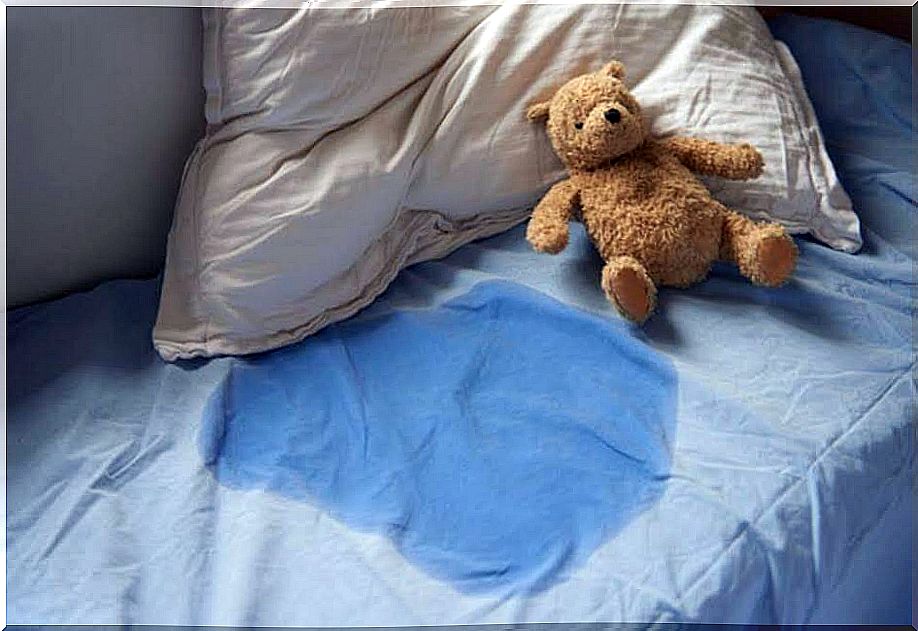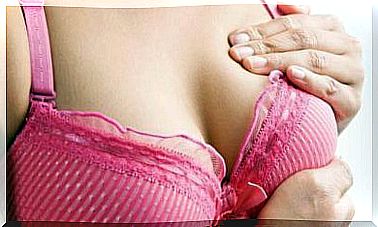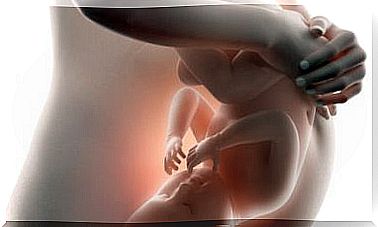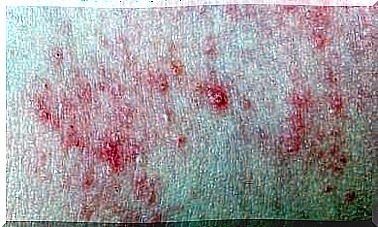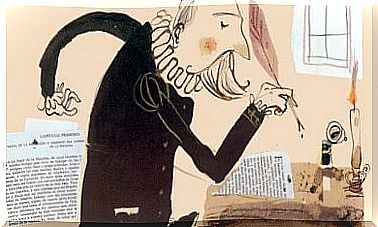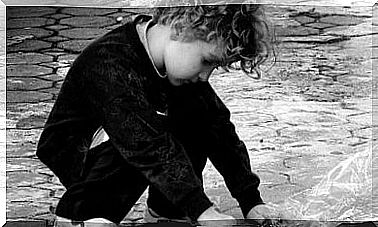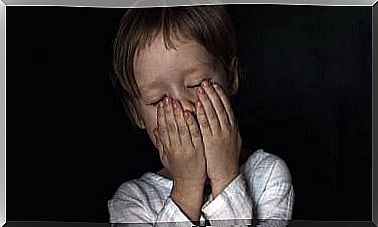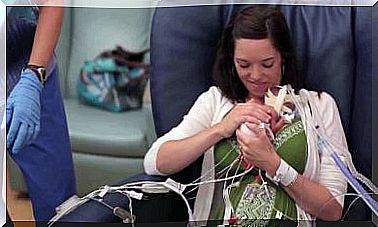Secondary Enuresis: Why Do You Pee Again?
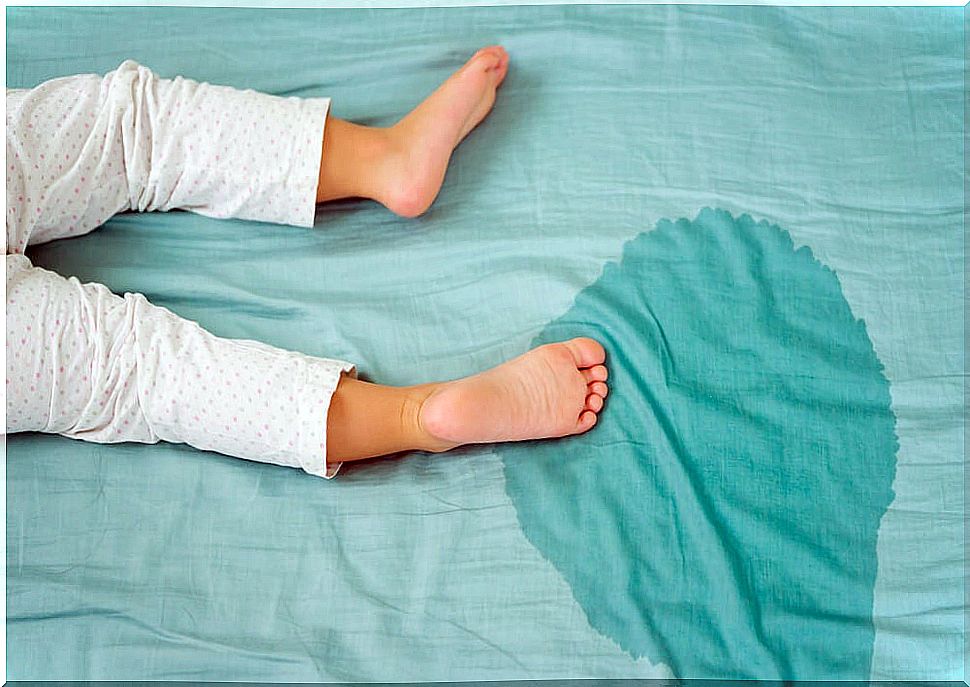
It is from the age of two that most children begin to abandon the diaper and begin to learn toilet training. Some require more time and others less. However, some children pee again after a long period of control. Why is this happening? Next, let’s talk about secondary enuresis.
What is enuresis?
Enuresis consists of the involuntary emission of urine, either during wakefulness or at night in bed. This emission must occur every day for at least three consecutive months, and in children over 4 years of age.
Although diaper removal begins around two years of age and involves a variable time depending on each person, a 4-year-old should have no problem controlling his bowels. It is from this moment when the situation can begin to be considered pathological.
This condition resolves spontaneously in a large percentage of children before 6 years of age. Still, it affects between 10 and 13% of six-year-olds, and up to eight% of 10-year-olds.
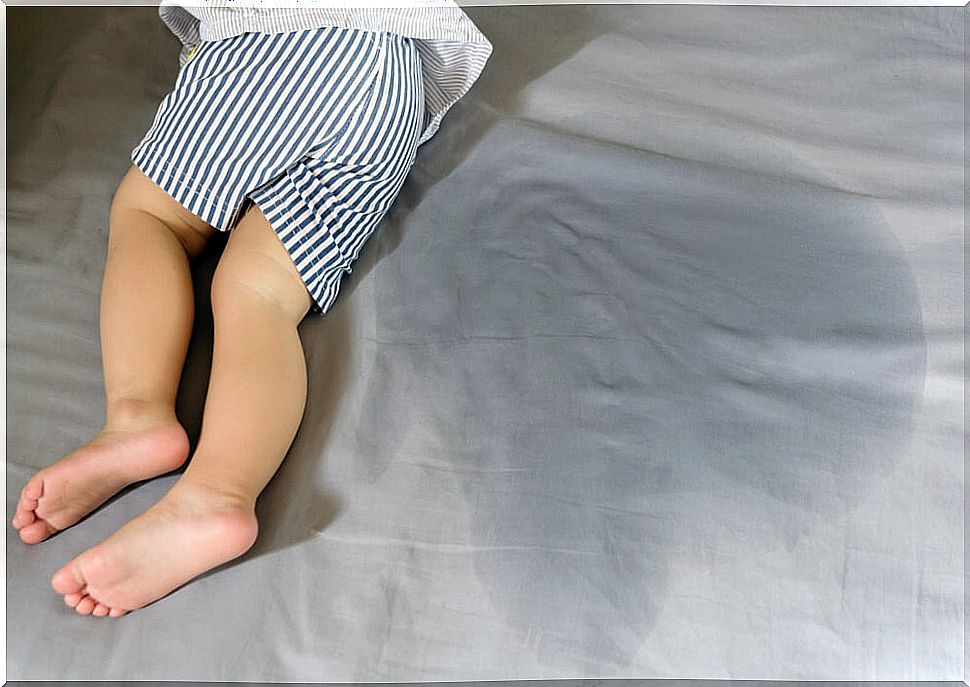
Types of enuresis
Depending on when the incontinence occurs, enuresis can be classified into:
- Daytime enuresis Involuntary urination occurs during waking hours.
- Nocturnal enuresis Urine leaks occur only during sleep.
- A combination of both in case urine emissions occur both during the day and at night.
Another very relevant classification is the one that refers to whether the child has acquired, or not, at some point, the control of his sphincters. In this way we can distinguish:
- Primary enuresis. It occurs in those children who have been wetting the bed since they were babies and have never been able to hold their urine.
- Secondary enuresis. It describes the case of those children who have had a continence period of at least six months and subsequently relapse. For this to be considered as such, involuntary emissions must reappear for at least six consecutive months.
Causes of secondary enuresis
- Hereditary component. The chances of enuresis go up from 15 to 44% if the child has a parent who had the same problem in childhood. The rate rises to 77% if both parents experienced this situation.
- Organic causes. There may be an organic component in some occasions, especially urinary infections. However, it is very rare.
- Psychological causes. This is the most relevant factor in most cases of secondary enuresis. Feelings of anxiety or high psychological distress can lead to relapse. Stressful situations, such as a teacher’s wake-up call, a fight with a friend, the death of a loved one, a divorce, or the arrival of a baby brother.
Guidelines for managing secondary enuresis
- Talk openly about the topic. It is not advisable to ignore the situation or become obsessed with it. The key is to speak honestly and seek solutions.
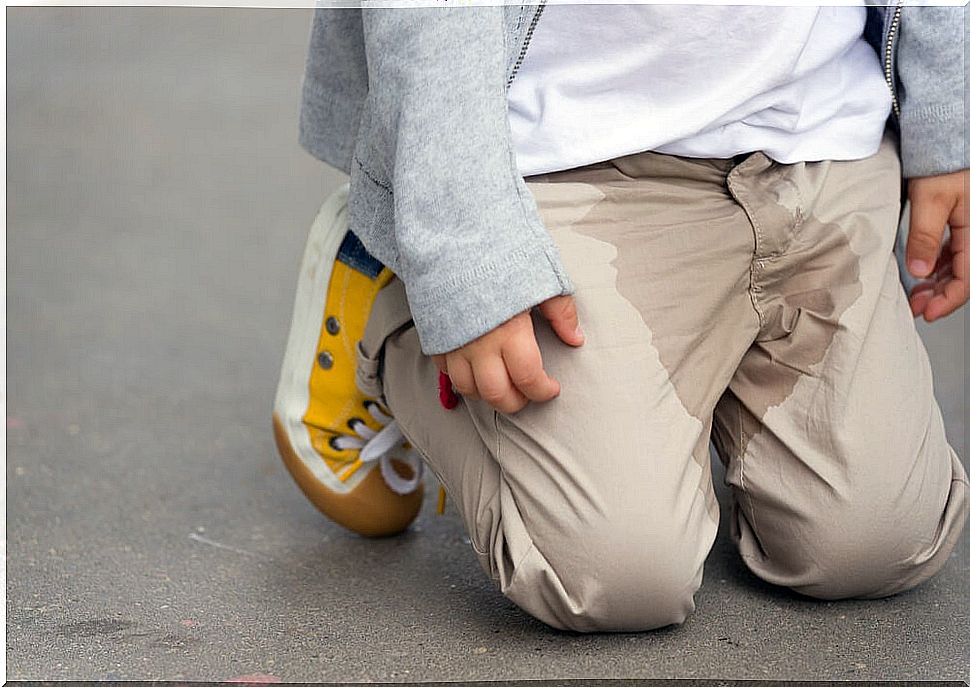
- Avoid punishments, reproaches and anger. Always keep in mind that the child is not to blame, and that shaming and humiliating him will not bring any benefit. On the contrary, positive reinforcement should be used, praising and rewarding the little one when he does not wet the bed.
- It is extremely important that the child take an active and responsible role in the process. For this, he must be the one to change the wet bedding and follow all the guidelines indicated below.
- Following routines such as urinating every two hours during the day and before going to bed, or not drinking fluids after dinner can help in the process. It is also beneficial for the child to use a calendar to keep track of wet and non-wet days.
- Performing bladder exercises can be a good complement to treatment. To do this, the child may be asked to hold the urine for a few seconds before urinating in the toilet, or to interrupt the pee several times while urinating.
- If all of the above does not work, it would be necessary to move on to other options, such as bedwetting alarms or drug treatment. In any case, it is always advisable to go to a professional for guidance.
